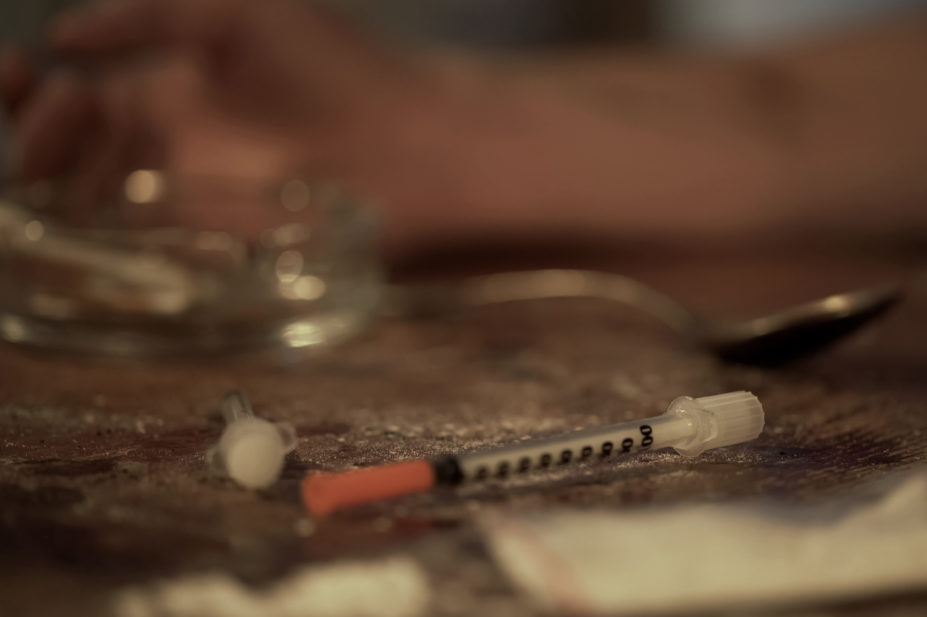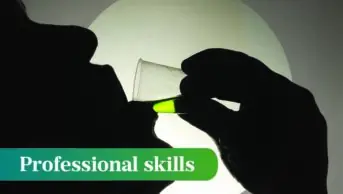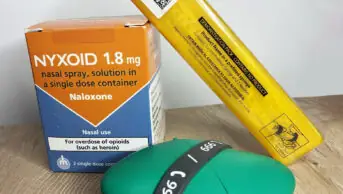
Shutterstock.com
The government has said it will spend £533m over three years to “rebuild” substance misuse treatment services across local authorities in England.
The figure includes a continuation of existing funding for drug treatments in England — amounting to £240m over three years, which was announced earlier in 2021 — as well as further “place-based” funding of £293m, which will be targeted at regions with the highest levels of drug-related harm, before rolling out across England by 2024/2025.
The funding is part of a promised £780m over three years to “deliver a world-class treatment and recovery system in England”, which will treat drug abuse as a “chronic health condition”.
The announcement was made as part of a wider ten-year plan to address drug misuse and reduce drug-related deaths, published on 6 December 2021. It was created in response to an independent review of drugs by Dame Carol Black, published in July 2021.
The plan says that the use of naloxone — an emergency antidote for opioid overdose — will be expanded, and that the UK and devolved administrations have agreed to review legislation to make naloxone more easily available to people who use drugs and are at risk.
In a UK-wide consultation, which closed on 28 September 2021, the Department of Health and Social Care proposed amending current regulations to allow naloxone to be supplied and administered by a wider group of healthcare professionals, including pharmacists, who come into regular contact with drug users.
The plan also highlights long-acting buprenorphine — an opioid substitution treatment — saying it will be made available to prisoners. It also states that local authorities will be supported to make best use of “new medicines, such as long-acting buprenorphine”.
In June 2021, the Scottish government set aside £4m for the provision of long-acting buprenorphine in prisons and in the wider community.
The plan does not mention supervised drug consumption rooms — an idea put forward by the House of Commons Scottish Affairs Committee in 2019 as part of a raft of recommendations to tackle “problem drug use in Scotland”, but rejected by the UK government at the time.
A spokesperson for the Home Office told The Pharmaceutical Journal on 8 December 2021 that it had “no plans” to introduce these in the UK.
“A range of crimes would be committed in the course of running such a facility, by both service users and staff, such as possession of a controlled drug, being concerned in the supply of a controlled drug, knowingly permitting the supply of a controlled drug on a premises, or encouraging or assisting these and other offences,” the spokesperson said.
They added that the ten-year plan “presents the whole-government response to drugs. It will drive down drug supply and demand, which includes supporting people through treatment and recovery, and an even tougher response to criminal supply chains and the demand that fuels these illegal markets”.
Roz Gittins, director of pharmacy at the charity Humankind, said: “[It was] really positive to see this long overdue investment in the sector. Hopefully this will reduce the current postcode lottery and enable high quality interventions to be implemented across the country.
“I’m hopeful that pharmacists and pharmacy technicians will be considered at a national level when training is implemented.”
Read more: Pharmacists can help put an end to illicit drug deaths by being at the centre of a new non-medical use market


